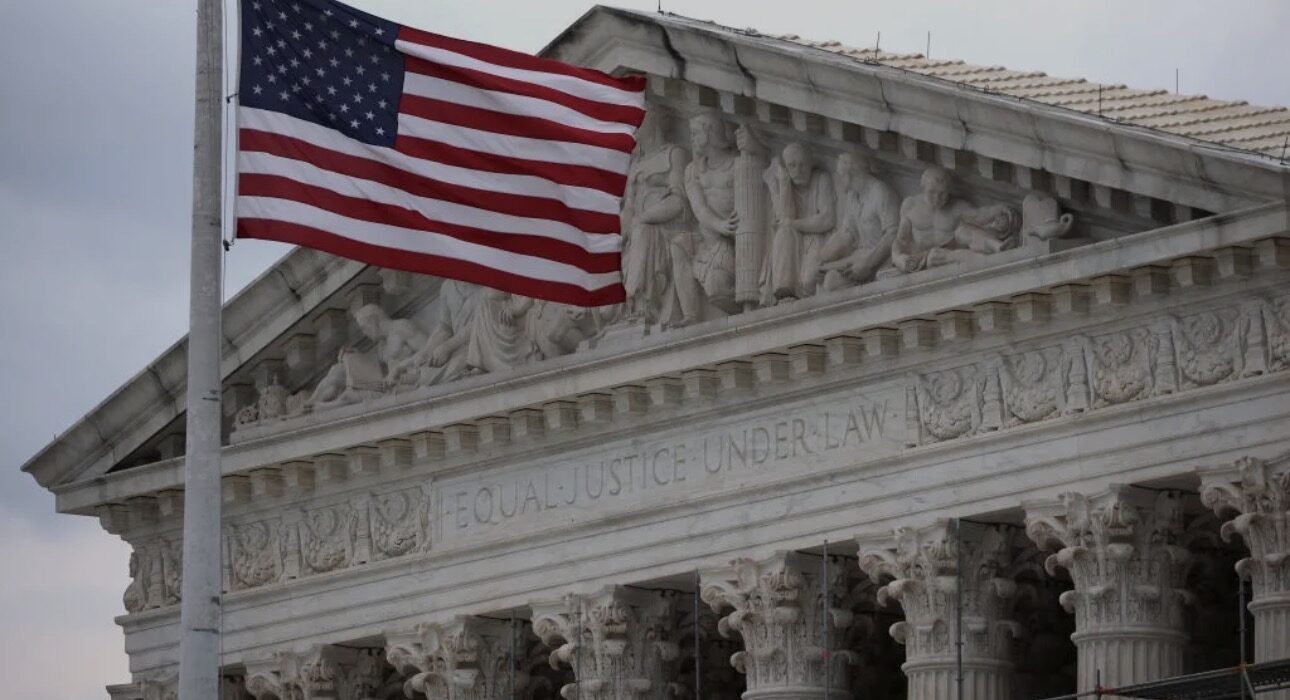U.S. Supreme Court to Hear Case on Guns, Private Property Rights

The U.S. Supreme Court has agreed to take up a case that could significantly expand gun rights across the country, by deciding whether Americans can carry firearms onto private property that is open to the public without explicit permission from property owners.
The case arises from Hawaii, where state law requires concealed-carry permit holders to obtain the consent of a property owner before bringing a gun onto private land, including businesses such as shops, restaurants, and malls.
A group of Hawaii residents, backed by a gun rights organization, challenged the restriction, arguing it violates the Second Amendment.
Earlier this year, the 9th U.S. Circuit Court of Appeals upheld the law, finding that Hawaii’s rule likely met constitutional standards.
But with the Supreme Court now agreeing to hear the appeal, the justices will once again wade into the nation’s long-running debate over the scope of the right to bear arms.
The case follows the court’s landmark 2022 decision in New York State Rifle & Pistol Association v. Bruen, which struck down New York’s strict limits on carrying guns in public and set a new historical test for evaluating firearms regulations.
That ruling emboldened challenges to state-level gun restrictions nationwide and left lower courts divided on how to apply the new standard.
If the justices side with the challengers, the ruling could weaken or strike down laws in Hawaii and other states with similar restrictions, allowing permit holders to carry firearms on private commercial property unless the owner explicitly bans them.
Such a decision would tilt the balance toward broader gun-carry rights, while raising fresh questions about property owners’ ability to control what happens on their premises.
Legal experts say the outcome could reshape the interplay between two fundamental principles — individual rights under the Second Amendment and the rights of private property owners.
Gun control advocates warn that weakening Hawaii’s rule would make it harder for businesses and communities to keep firearms out of sensitive spaces. Gun rights supporters, on the other hand, argue that requiring permission in every case amounts to an undue burden that undermines constitutional freedoms.
Arguments in the case are expected in the court’s new term, with a ruling likely to come sometime in 2026. Until then, the dispute underscores how deeply the nation remains divided over firearms, and how much influence the Supreme Court continues to hold over the future of American gun laws.









